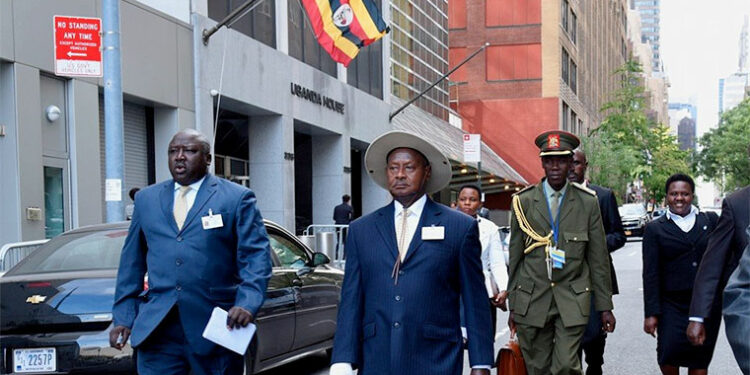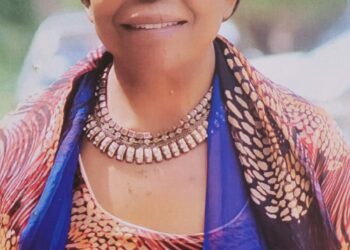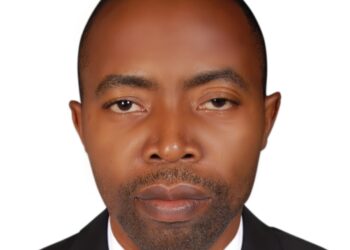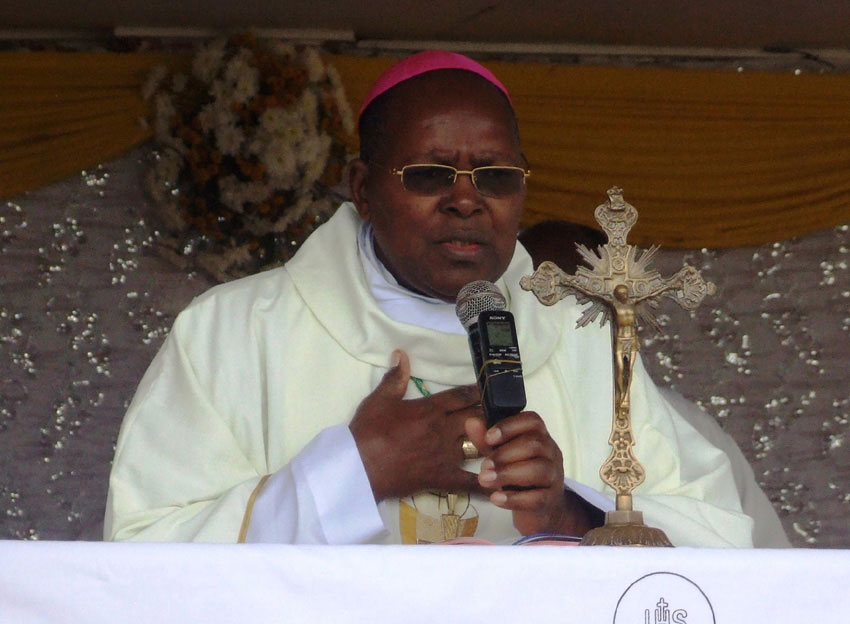Every now and then, there is a debate in Uganda’s Foreign Service especially when there is a misunderstanding in the missions. You often hear about political appointees being Heads of Mission as the problem.
Apparently, there is a group of people in the ministry of Foreign affairs who call themselves ‘career diplomats’ who feel entitled to lead missions – depending on the years they have spent in the service.
First things first: To be head of Mission is at the discretion of the President, depending on the strategic interests of Uganda. The President knows better what he needs in each country we have an embassy.
However, the President has not appointed only politicians to head missions, actually, there are several ‘career diplomats’ heading missions abroad but their performance has not significantly been different from political appointees. Where there is a difference – it has already been about the personality of the head of mission and the team they build in the mission.
Uganda has for example registered great strides in DRC, Tanzania, Somalia, China, Canada, Algeria, India to name but a few – and I can say without a fear of contradiction that it has been the efforts of the leadership in those countries – nothing about political or careerist appointments.
President Museveni now and then, appoints politicians to some countries, and this should not enrage ‘career diplomats’. Why this self-entitlement? Irrespective of what position one occupies in service, Uganda’s interests come first. Not positions.
President Museveni has in the past appointed Hon Dr Ruhakana Rugunda as Ambassador to the United Nations, Hon Dr Crispus Kiyonga has been Ambassador in Beijing, Major James Kinobe was in DRC, Alintuma Nsambu is in Algiers, Hon Paul Amoru in South Africa among others. These political appointees come with a wealth of experience having served in party structures, parliament, as ministers among other positions. That clout, usually combined with cadre-ship, has helped them promote the interest of the country and government in a way someone without that background can do.
Countries like China, Russia, America, etc have used these experienced politicians to drive the interests of their countries successfully – and it is usual to hear former politicians in those jobs.
Here in Uganda, maybe because some career diplomats don’t want to have this diversity in their midst, they see politicians as coming to take away what belongs to them. Not at all. We should welcome the move to integrate politicians into Foreign Service, to add a new sense of purpose into the foreign service cadreship.
What defines a good diplomat should be what he or she does to promote the interests of their countries. Soldiers, police officers, judges, businessmen etc – depending on their personal gifts and experiences can deliver with support of technical people. The technical people in the embassy should ensure that what their bosses do is within the confines of diplomatic rules and traditions.
This is where the other question arises? What makes a career diplomat?
This question disturbs the diplomatic corps in Uganda. In other countries – who work in foreign service undergoes the prerequisite training in school and are grounded by the national institutes mandated to train staff of foreign service. The school recruits from people of different walks of life and from this pool, future Ambassadors are identified and deployed accordingly.
In Uganda, we have built a strong national leadership institute in Kyankwanzi. However, training there are usually short courses – for strategic interventions. The other civil service college was supposed to be the Uganda Management Institute in Kampala or the Civil Service College in Jinja. Both are yet to serve the purpose. And when it comes to Foreign Service – there is nothing cut out to cater for this group which leaves the group of ‘career diplomats’ in the air without a cadre-ship training to speak of.
Otherwise, what makes a career diplomat different from any other graduate of international relation and diplomacy from the many universities around the country or abroad? Is there a special certification like the one Law Development Centre (LDC) gives before lawyers are cleared to practice? Does one need a certification like engineers, doctors, teachers, accountants before one calls themselves ‘career diplomats’? To the best of my knowledge – NO.
This means, Ugandan diplomats gather experience and badges of diplomacy on the job. There should be no one questioning the wisdom of the Appointing Authority on who should be appointed in whatever station when he deems it fit and in the best interest of the country?
The culture of questioning Presidential Appointments, who has been approved by the Parliament – should stop. We should learn to work in cohesion with each other – especially when we are serving the common interests.
Do you have a story in your community or an opinion to share with us: Email us at editorial@watchdoguganda.com













